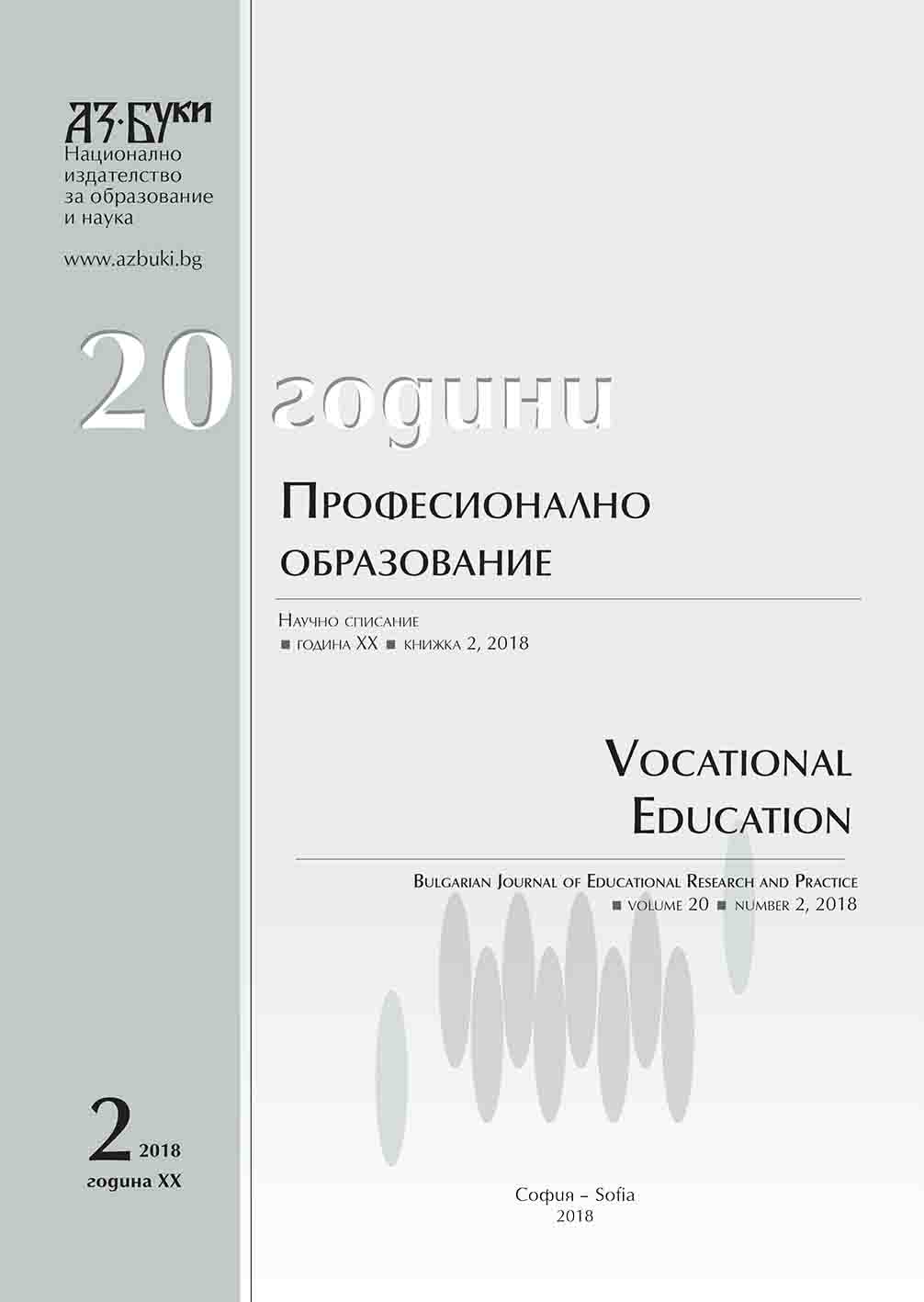Селският туризъм – елемент на политиката на Европейския съюз за развитие на селските райони
Rural Tourism – a Policy of the European Union for Development of Rural Areas
Author(s): Spyridon D. ArseniouSubject(s): Social Sciences, Economy, Education, National Economy, Micro-Economics, Agriculture, Sociology, School education, Vocational Education, Adult Education, History of Education, State/Government and Education, Social development, Family and social welfare, Economic development, Tourism, Globalization, Inclusive Education / Inclusion, Sociology of Education
Published by: Национално издателство за образование и наука „Аз-буки“
Keywords: rural tourism; sustainable development; hotel; guest house; Rhodope mountains; impact; economic growth; integration
Summary/Abstract: TheThe article set out the results of a study of the situation of rural tourism in the mountainous rural areas. Rural tourism is seen as part of the European Union‘s policy for the sustainable development of rural areas. The subject of research are tourist sites, serving rural tourism in mountainous rural areas in the Eastern and Central Rhodopi mountain. Rural tourism establishments are a family hotel, guest house and a house with a yard and a farm. Selected objects are for rural tourism in villages Kosovo, Smilyan, Susam, Lyaskovo, Klokotnitsa, Carevo, Bryastovo, with less than 300 inhabitants, mainly in mineralni Bani municipality. All of the surveyed areas have attractive natural attractions, interesting historical heritage, unique folklore traditions, but are not among the most popular tourist destinations for rural tourism in the Rhodope Mountains. The study covers the period 2013-2017. Used the following methods: questionnaire survey among the owners of sites for rural tourism; polls among owners of the rural tourism product; the method of comparison; the experimental method.A review of the socio-economic situation of these regions shows: low income people, unemployment, migration to the cities and degraded age structure of the population. Notes that the development of rural tourism contributes to the sustainable development of these regions-creates jobs, provides income to the local population, contributes to the maintenance of the infrastructure, the revival of old traditions, crafts, customs, etc. He has a positive impact on economic growth and standard of living of the people of the region. Attention is focused on the integration of all business and economic activities in a specific region. In this way you will achieve sustainable development of the economy; will stop the process of depopulation of the cities, migration, particularly of young people of working age who are economically active population. Synthesized are recommendations for stimulating the development of rural tourism in the studied localities.
Journal: Професионално образование
- Issue Year: 20/2018
- Issue No: 2
- Page Range: 142-154
- Page Count: 13
- Language: Bulgarian
- Content File-PDF

